Keeping a stabled horse a happy horse
Carey Khan • 7 November 2023
Has being stabled impacted your horses wellbeing and happiness?
Whatever the circumstance we know the stabled environment can bring its challenges in meeting the horses needs and wellbeing:
- The stress, boredom and loneliness for your horse from the dreaded box rest! We have all been there... trying to manage the horse safely, keeping them happy and at the same time meeting the guidance with restriction of the Vet.
- The frustrations and pains of restricted turnout or no turnout at all during the winter months from the terrible weather!
- Or having to juggle and manage your horse in an environment with no turnout and sending them on holiday time to graze.
Have you noticed a mood, attitude or behaviour change with your horse from being predominately stabled?
Maybe you have noticed a change in your horses mood which is causing you concern - they've become withdrawn, depressed or fed-up?
Or maybe they have become uptight and stressed - even showing stereotypies behaviours like box walking, weaving, cribbing etc?
Or maybe you have seen a behaviour or attitude change - they've started to nip, get impatient, pushy, lift a leg to you or turning their bum to you when you come into stable? Getting restless and difficult to handle?
We know from our own experience of isolation during the Covid-19 lockdowns the impact this can have on your psychological wellbeing. Even with the distractions of the TV, internet, reading, walking for 20 minutes a day etc, it was still incredibly difficult. For some the impact mentally has been lasting!
Horses in their natural environment have freedom, mental stimulation, constant access to forage, movement and friends. So how does your horse cope with the confinement of the stable? What impacts have you seen on their wellbeing and how do you keep them happy?
You may have already implemented some enrichment ideas and are looking for new things to do with your horse to help them...
At One with the Horse we offer a holistic approach to supporting your horse's wellbeing and happiness. Our Horse Empowerment sessions can be provided in the restrictions of the stable, as an additional enrichment and to help your horse lift their emotional state to be more positive, reducing stress, bringing relaxation and calm.
Tips to help keep your horse happy during box rest
- there are lots of creative ways to help meet your horses fundamental needs in the stabled environment - for example toys (offered safely) can help with mental stimulation. Click here for more ideas to implement.
Learn more with insights, tips, facts and stories, follow us, click to join us on Facebook
or Instagram
https://www.facebook.com/onewiththehorseuk
https://www.instagram.com/onewiththehorseuk/
Or if you want more help, go ahead and enquire now to discuss in more detail.
Interesting reading:
Webinar by World Horse Welfare with Dr Andrew McLean - Can a stabled horse truly be a happy horse
Gives lots of interesting insights.

We know horses are herd animals and many struggle with separation, however you are: Fed-up of being pulled, walked over, barged into as you horse stresses over coming away from others! We have all been there... losing confidence as you try to manage the horse safely, and keep them willing enough to come in for the vet or farrier? The frustrations of not being able to hack out on your own when you want to, or to bring your horse into the stable and stand quietly? Or having to ensure others are around so you can do want you need to do with your horse? Not enjoying being with your horse, feeling stressed yourself and concerned as to how best to help and support them. At times of change it becomes worse and you know there is no point to get upset. Horses are herd animals and take safety in numbers. If they feel secure, safe and happy then the are less likely to struggle with separation anxiety. So how do you help your horse cope with being away from their friends? At One with the Horse we offer a holistic approach to supporting your horse's wellbeing and happiness. Our Horse Empowerment sessions can help your horse calm their nervous system, lift to a positive emotional state, reducing stress, and bringing relaxation, calm and confidence. Click here to hear a case story - 'Helping P ete with his separation anxiety' Click here for tips on how to support your horse with separation anxiety . Learn more with insights, tips, facts and stories, follow us, click to join us on Facebook or Instagram https://www.facebook.com/onewiththehorseuk https://www.instagram.com/onewiththehorseuk/ Or if you want more help, go ahead and enquire now to discuss in more detail.
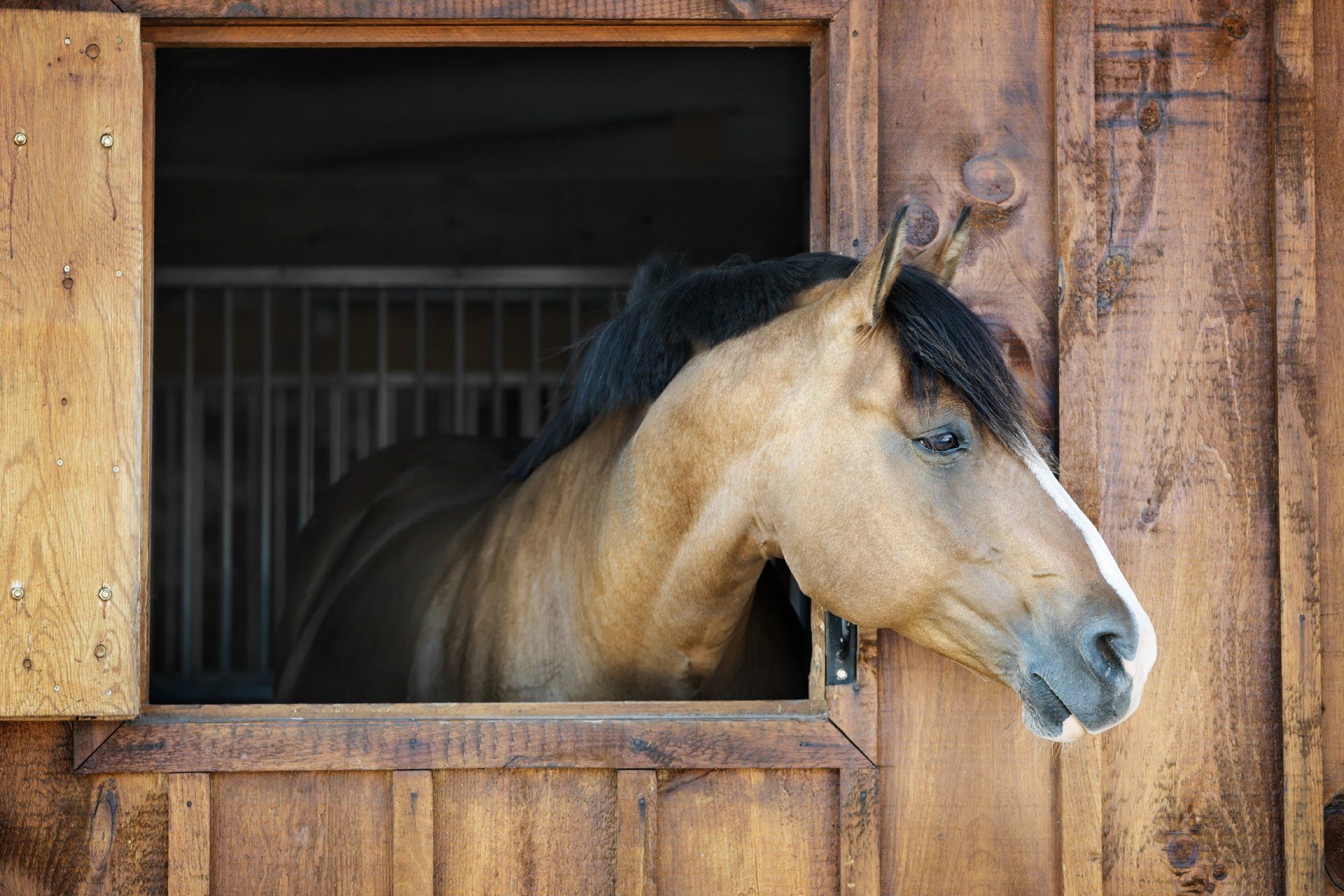
Many horses struggle with separation anxiety, some more extreme then others, and it can be difficult to manage. There are ways we can help and support our horses to deal with the overwhelming emotions they may experience. Separation anxiety in horses can be caused by a variety of factors, and it often stems from the strong herd instinct providing safety inherent in these animals. Here are some common reasons for separation anxiety in horses: Social Nature: Horses are herd animals, and their natural instinct is to live in a group. When they are isolated or separated from their companions, they can experience anxiety. Companionship Bonds: Horses form strong bonds with their herd mates. Separation from a close companion, whether it's another horse or even a different species like a donkey, can trigger anxiety. Fear of Predators: In the wild, horses rely on safety in numbers to protect themselves from predators. When isolated, they may feel vulnerable and anxious. Environmental Changes: Moving a horse to a new environment, such as a new stable or pasture, can cause stress and anxiety as they adjust to their surroundings and the absence of familiar companions. Weaning: Foals often experience separation anxiety when weaned from their mothers. The abrupt separation from the mare can be emotionally challenging for both the foal and the dam and can have a lasting impact. Lack of Routine: Horses are creatures of habit, and sudden changes in routine, feeding schedules, or exercise routines can contribute to anxiety. Past Trauma: Horses that have experienced previous traumatic events, such as abuse, grief or accidents during transport, may be more prone to separation anxiety. Health Issues: Pain or discomfort due to underlying health issues can contribute to anxiety when a horse is separated from its herd or usual routine as they feel more vulnerable. Inadequate Socialisation: Horses that have not been properly socialised from a young age may struggle more with separation anxiety. Socialisation helps them develop confidence, adaptability and bonds. Genetic Predisposition: Some horses may have a genetic predisposition to anxiety, making them more susceptible to stress when separated from their companions. One with the Horse supports horses who experience separation anxiety through getting to know and understand the individual horse's needs. Providing healing and empowerment through enrichment activities, communication and play, to help them process and shift negative supressed emotions, bringing relaxation, calm, contentment and happiness. Click on the links below to read how 'horse empowerment sessions' has helped them with their separation anxiety: Pete's story Cuddy's story Bella's story You can support your horse through work on enrichment, gradual desensitisation, positive reinforcement, and providing a secure and stimulating environment. Consulting with a veterinarian, a professional horse behaviourist or trainer can also be beneficial in managing and resolving separation anxiety issues in horses.
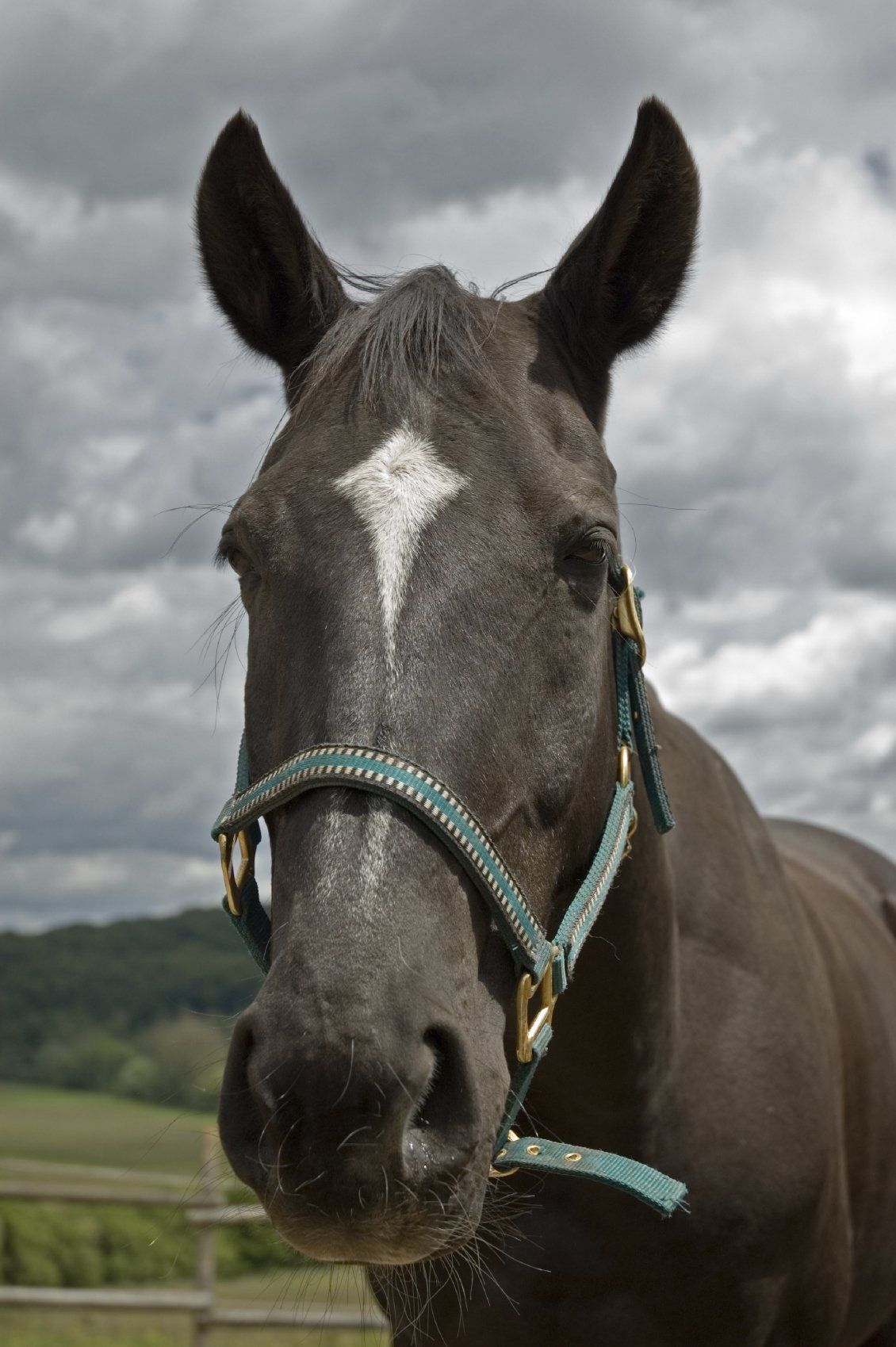
Congratulations on taking the first step toward ensuring your equine companion's overall wellbeing. We understand that your horse's happiness is a top priority, and to assist you on this journey, we present the "Equine Wellbeing Checklist" – a comprehensive guide to assessing and enhancing your horse's physical, emotional, and environmental health. Register below to Download Your Free Equine Wellbeing Checklist! In this exclusive checklist, you'll find: Physical Health Assessment: A detailed checklist to evaluate your horse's physical condition, covering aspects such as body condition score, hoof health, and dental care. Emotional Wellbeing Indicators: Behavioural cues and signs that reflect your horse's emotional state, helping you understand and respond to their feelings. Environmental Considerations: Guidelines for creating a positive and supportive environment, including stable conditions, turnout options, and social interactions. Holistic Care Practices: Practical tips for incorporating holistic care into your routine, ensuring a well-rounded approach to your horse's overall wellness. How to Use the Equine Wellbeing Checklist: Download the Checklist: Register below to get a download your Equine Wellbeing Checklist and save it for future reference. Complete the Assessment: Take the time to carefully assess each section of the checklist based on your horse's current conditions and behaviours. Implement Positive Changes: Utilise the checklist as a guide to make positive changes in your horse's care routine, promoting a happy and healthy lifestyle. Regular Check-Ins: Periodically revisit the checklist to monitor your horse's progress and make adjustments as needed for continued wellbeing. Thank you for prioritising your horse's happiness and health. We hope this Equine Wellbeing Checklist becomes a valuable resource in your journey to fostering a harmonious and fulfilling life for your equine companion. Here's to many joyous moments with your happy and healthy horse!
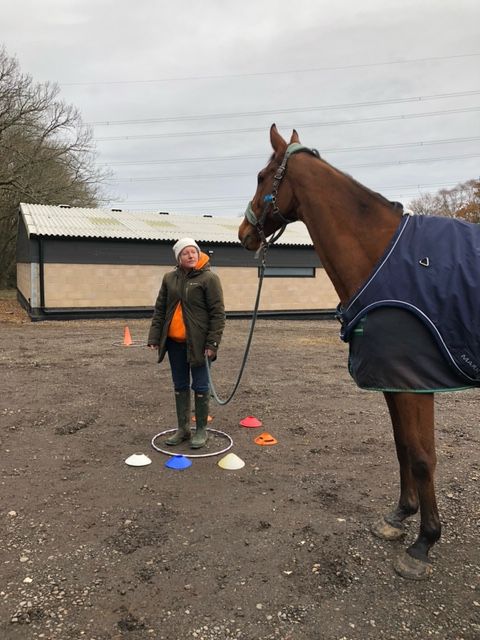
Introduction: Pete, a horse with an apparent increase in windsucking and extreme separation anxiety, prompted concerns from his owner regarding his overall happiness and well-being. This case story outlines the objectives, process, and positive outcomes of our Horse Empowerment sessions aimed at addressing Pete's emotional struggles and enhancing his psychological well-being. Objectives: Primary Goal: To improve Pete's overall sense of happiness and well-being. Specific Goals: Reduce separation anxiety. Alleviate his sense of loneliness. Address and release emotional pain from past separation trauma, possibly related to weaning. Communication Session: Due to the travel distance and the owner's concerns, we conducted a distant animal communication session to connect with Pete as a starting point. Key findings included: Windsucking increased to ease burning sensation causing stomach discomfort. He was later diagnosed by the Vet as having ulcers. Hunger, at times, was a contributing factor, leading to changes in his management for continuous access to forage. Deep emotional pain and loneliness stemming from past separation trauma, causing guarded behaviour among other horses. Horse Empowerment Sessions: Following the communication session, we initiated Horse Empowerment sessions to help Pete process and release his emotional pain and improve his behaviour and connection with others. Themes of being emotionally guarded persisted, emphasising the need for a slow and trust-building approach to gently support him on his empowerment journey. Outcomes: (1 - 10 with 1 being very anxious/lonely and 10 being not anxious/lonely) Pre-Sessions Scoring: Separation Anxiety: 2-3 Loneliness/negative behaviour towards others: 2-3 Post-Sessions Scoring: Significant improvement observed in both categories. Separation Anxiety: 9 Loneliness/negative behaviour towards others: 6 Impact: Pete displayed visible transformation during and after the sessions. Post-sessions, he exhibited peacefulness, quiet confidence, and increased playfulness and curiosity. Notable behavioural changes included: Absence of separation anxiety. Comfort in solo turnout without other horses. Eagerness to interact with peers. Positive environmental factors, including first-class care, 24/7 forage access, and veterinary treatment for ulcers, contributed to Pete's improved happiness and comfort. And of course an owner who listened to him, trusted her gut instincts that things were not right and was committed to do her best for her horse to ensure his happiness! Conclusion: The combined communication and Horse Empowerment sessions resulted in a remarkable positive shift in Pete's psychological well-being. His newfound peace, confidence, and contentment stand as a testament to the effectiveness of holistic approaches in addressing equine emotional challenges. We look forward to continued collaboration to support Pete's ongoing well-being and to capture his final score on the impact post-sessions on his sense of loneliness and interaction with a group of horses once he has completed rehab and is able to integrate again. Owner testimonial: "I asked Carey to come and see Pete, my horse, whilst he was on box rest and in rehab as he was suffering with separation anxiety and had become very inward. After her visits Pete is a lot happier, the separation anxiety is barely noticeable. He is more relaxed and has started to be more playful and inquisitive and has started to interact with other horses. Carey has a calm and reassuring approach and allows the horse to make its own choice. She listens and this enhances the horses wellbeing which aids healing. Thank you Carey". KL Empowering Equines: At One with the Horse, we provide a holistic approach to enhance your horse's wellbeing and happiness. Through communication and play, we give them a voice. If you seek to understand your horse better and support their happiness, book sessions now . Ready for personalised assistance? Book a discovery call to delve into your horse's needs and discuss how we can embark on a journey together.
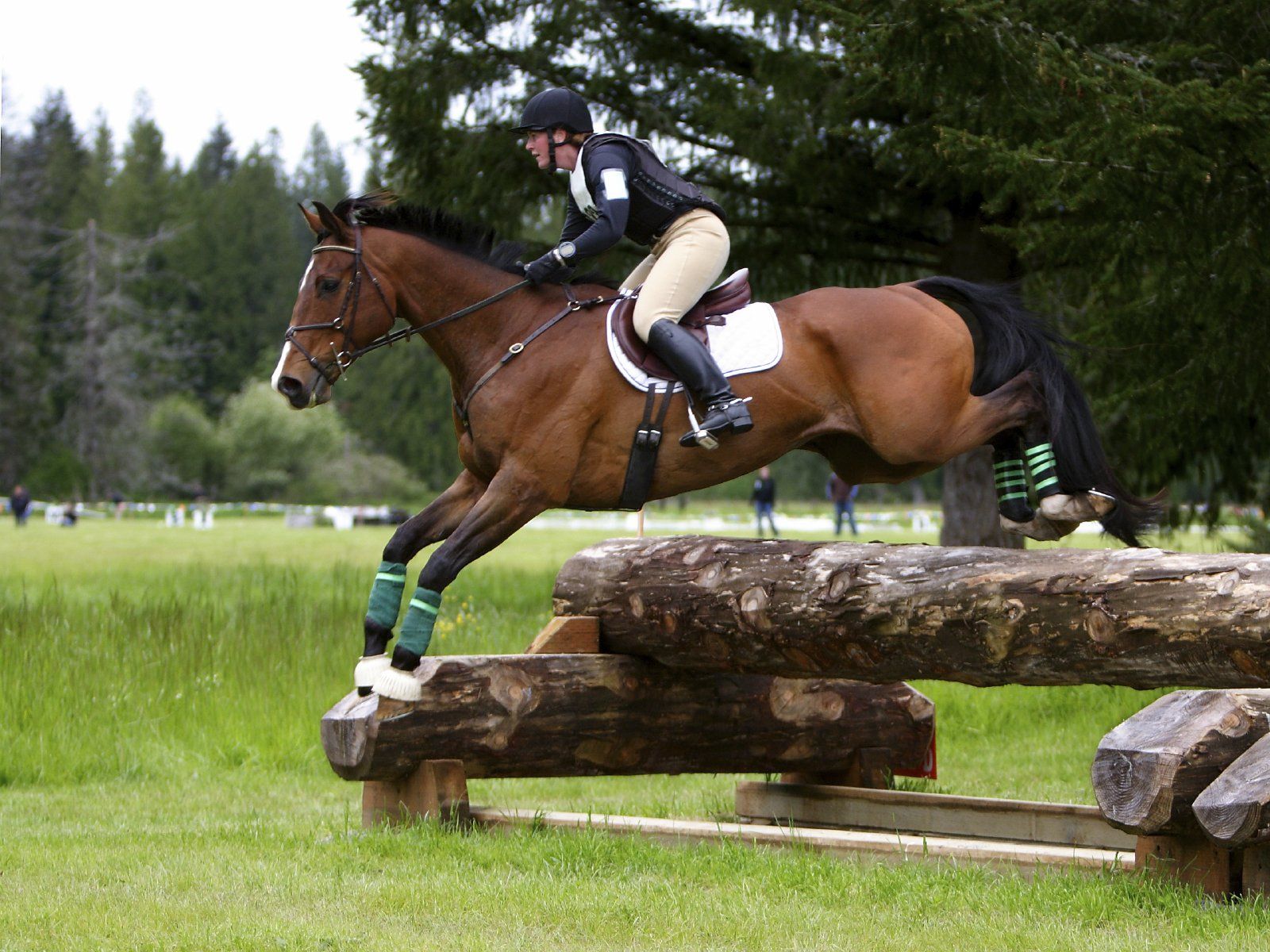
Come away from yet another competition where your horse wasn't feeling their best? Feeling stuck and frustrated, plateaued in your results, not sure how to get the next level? Deflated after yet another competition as you don't feel you are progressing - maybe you keep getting outside the XC time, or the dressage score is always the same or you keep having poles down in the show jumping? Maybe you have noticed that although your horse is doing as its asked, they has lost their spark? Or maybe they are feeling the pressures of training and the competition environment, leading to behaviour challenges? Or maybe you want to support your horse in regaining their confidence and zest again after a negative experience? One with the Horse works closely with you to help you get a deeper understanding of your horse and helps to unlock potential through our holistic approach, empowering your horse through communication and play to support their psychological wellbeing and happiness. 🌟 Empower Your Horse for 2024! 🐎✨ Happy horses = quality of life = better relationships = better performance! 🌈 Why Choose Us? Holistic Approach: We empower through communication and play. Wellbeing Support: Reignite your horse's spark and zest. Confidence Boost: Overcome negative experiences and regain confidence. 🚀 Ready for a Thriving 2024 Season? Invest in your horse's happiness now for better relationships and peak performance. 💬 Let's Chat! Are you ready for a transformation? Enquire now to start your journey ! Your horse's well-being matters. 🌟🐴 #EmpowerYourHorse #2024Goals #HorseWellness 🚀 Learn more with insights, tips, facts and stories, follow us, click to join us on Facebook or Instagram https://www.facebook.com/onewiththehorseuk https://www.instagram.com/onewiththehorseuk/
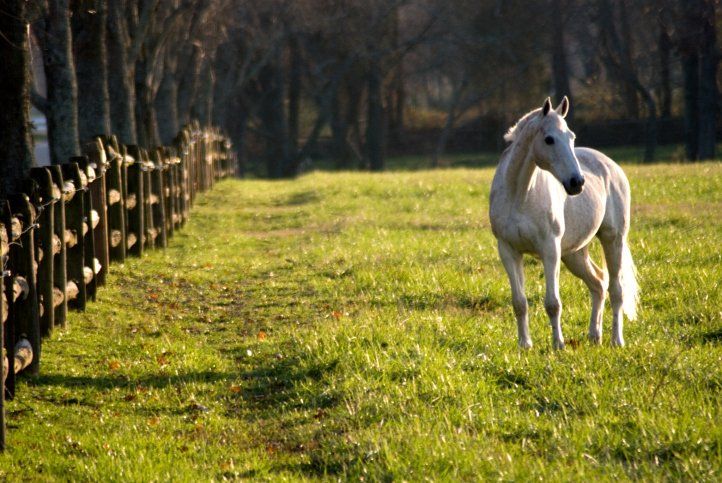
Problem In a quiet corner of the herd, a little horse stood lonely, distant, and disengaged. Always observing from afar, lacking the trust to join the lively activities of the group. Objective: Developing trust and connection through Horse Empowerment Sessions Exploring innovative methods, our Horse Empowerment sessions aimed to build trust and connection among all the herd members. The Journey Unfolds in 3 Sessions Through interactive and playful sessions, the herd's energy naturally fostered curiosity, from which trust and connection grow. The once distant horse, intrigued by the group's dynamics and interaction, chose to engage. As playfulness amongst the herd increased, this transitioned from an observer to a central, empowered participant, thriving on their newfound contribution. Outcomes: A Radiant Transformation A spark of brightness enveloped the way of being of this little horse. The mood lifted, and eagerness replaced initial reluctance. Connection with us, self, and the herd members became apparent, reflecting in a happier demeanour. Previous irritability and nipping when interacting with others ceased. Impact: Empowerment in Choice The feeling of being in control and with choice was crucial for this little horse. With newfound choices, embracing empowerment and joy, transforming interactions into playful engagements. How do you empower your horse? 🐴✨ #HorseEmpowerment #TransformationTales
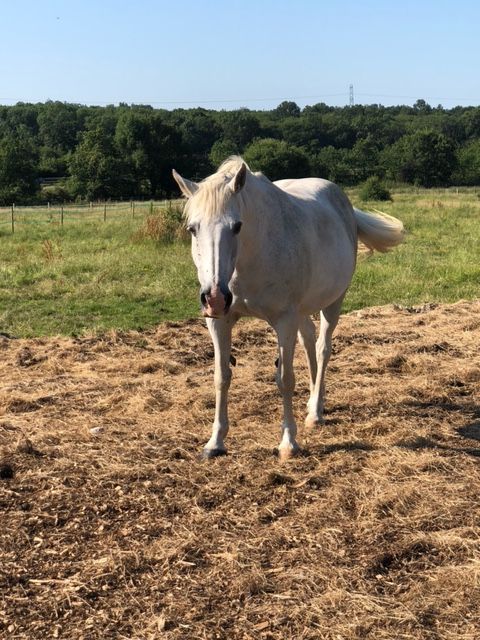
Do you find catching your horse a challenge, hindering routine tasks like farrier visits and vet appointments? Feeling frustrated when you are finding it difficult to build a strong relationship with your equine companion. At One with the Horse, we understand, and we're here to help. Our holistic approach focuses on enrichment and horsemanship play to get to the bottom of the root causes of your horse's distrust. Whether it's past negative experiences, emotional trauma or lingering pain, we help you uncover and resolve these issues through the appropriate means, paving the way for renewed trust, connection, and happiness. Signs Your Horse May Need Our Help: Elusive Behaviour: Is your horse difficult to catch, running away or showing signs of irritation? Distant Interactions: Does your horse seem aloof, disengaged, or subdued when around people? Negative Responses: Have you experienced nipping, raised legs or bum turning when attempting to get close? Click here for a case story to discover the transformative journey of a horse who went from being low mood and distant to regaining trust, connection and zest for life, with the spark back in his eye and his personality shining through. Learn how our approach can bring about positive changes, fostering a stronger bond between you and your horse. Click here for tips on how to build trust with your horse. Why Choose One with the Horse: Holistic Wellbeing: We go beyond traditional methods to understand and address your horse's emotional and physical needs. Proven Results: Explore real-life success stories in our blog section of website to witness the positive changes we've achieved. Insights and Tips: Follow us on Facebook and Instagram for valuable insights, tips, and engaging stories: https://www.facebook.com/onewiththehorseuk https://www.instagram.com/onewiththehorseuk/ Ready to take the first step towards a harmonious relationship with your horse? Book a discovery call to discuss your unique situation in more detail. Your horse's wellbeing and happiness are our top priorities. Book a Discovery Call
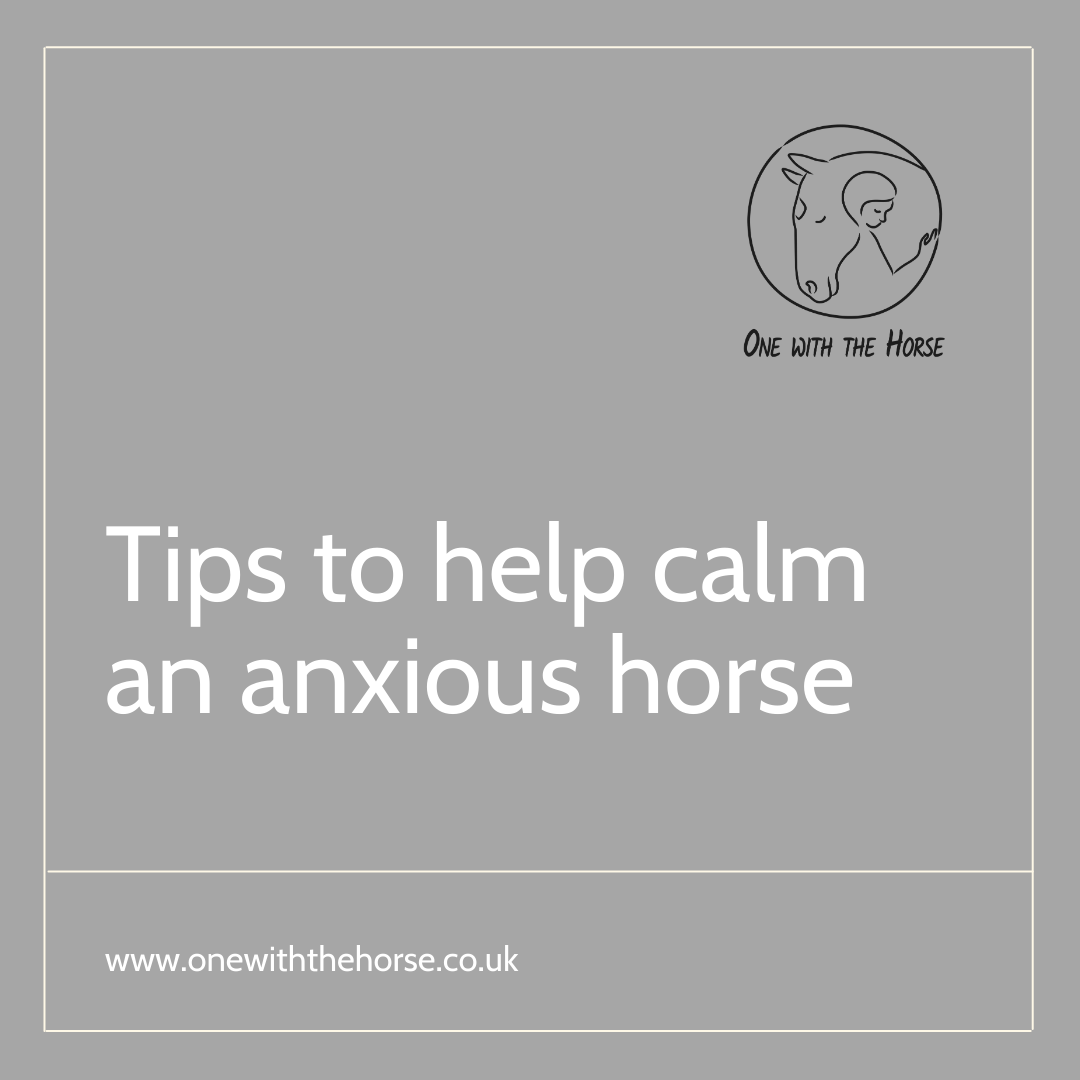
Spooky, Anxious, tense or fearful horse? Stuck on how to help your horse overcome their nerves? One with the Horse has worked with many horse owners who are at their wits end. We help empower your horse through communication and play to help reduce tension, stress and anxiousness, restoring relaxation, calm and confidence. If you want results that work, get in touch. Learn more with insights, tips, facts and stories, follow us, click to join us on Facebook or Instagram https://www.facebook.com/onewiththehorseuk https://www.instagram.com/onewiththehorseuk/ Or if you want more help, go ahead and enquire now to discuss in more detail.

Assessing a horse's psychological wellbeing involves observing their behaviour, interactions, and responses to various stimuli. Here are some key aspects to consider when checking a horse's psychological wellbeing: Behavioural Observations: Regularly observe your horse's behaviour in different situations. Note any changes in their demeanour, energy levels, or overall attitude. Look for signs of relaxation, stress, anxiety, or aggression. Social Interactions: Horses are social animals, so observe how your horse interacts with others in the herd or with human caretakers. Note any changes in social behaviour, such as isolation, aggression, or submission. Eating Habits: Changes in appetite can be indicators of stress or discomfort. Monitor eating habits and address any sudden changes. Body Language: Learn to interpret your horse's body language. Positive signs include relaxed ears, a soft gaze, and a calm expression. Signs of stress may include pinned ears, wide eyes, and a tense body posture. Pay attention to tail carriage, head position, and overall body movements. Review Dr. Sue Dysons 24 Behaviours of Pain in the Ridden Horse Ethogram - click here . Grooming and Touch Sensitivity: Check your horse's reaction to grooming and handling. Changes in sensitivity or resistance may indicate discomfort or pain. Note any unusual reactions to being touched, saddled, or bridled. Response to Training: Observe how your horse responds to training sessions. Positive engagement and a willingness to work are good indicators of psychological wellbeing. Use positive reinforcement and ethical training methods. Be patient, if the horse does not understand what you are asking then find a way to explain in a way they will understand and avoid punishment-based approaches that can cause stress and fear. Be aware of signs of frustration, fear, or refusal during training. Environmental Adaptation: Assess how well your horse adapts to different environments and situations. A psychologically healthy horse should be able to handle changes with minimal stress. Monitor their response to new locations, objects, or activities. Play and Exploration: Healthy horses often engage in playful behaviour and exploration. Encourage a stimulating environment with toys or obstacles to promote mental stimulation. Vocalisations: Pay attention to your horse's vocalisations. Unusual or excessive vocalisations, such as continuous neighing or signs of distress, may indicate psychological issues. Consistency in Routine: Horses thrive on routine, so disruptions can affect their psychological wellbeing. Monitor how well your horse adapts to changes in their daily schedule. Pasture Time: Access to pasture and natural grazing behaviours contribute to a horse's psychological wellbeing. Lack of pasture time or social isolation can impact their mental health. Bonding and Trust: Evaluate the strength of the bond between you and your horse. A trusting relationship is essential for their mental wellbeing. If you observe any concerning changes in your horse's behaviour, it's important to consult with a veterinarian or an equine behaviour specialist. Identifying the root cause of any issues is important and providing guidance on addressing and improving your horse's psychological wellbeing. Regular veterinary check-ups are also essential to rule out any potential medical issues affecting your horse's mental health. MOST of all - trust yourself and your gut instinct. You know your horse and you will know when things are not right. Click here to Register to download our Equine Wellbeing Guide

Problem: A Twist in Bella's Demeanour Bella, a cherished member of my horse communication journey, began exhibiting unexpected behaviour. While always kind and willing, she displayed aggression towards herd members and showed signs of wanting to nip my children—a definite red flag! It hinted at jealousy or resource guarding of me, when I was present. Additionally, B ella could show signs of separation anxiety and lacked confidence during solo rides. Objective: Seeking Positive Change To address these issues, we turned to Horse Empowerment sessions. The primary goal was to uncover the root of Bella's negative behaviour towards the herd and my children. Remarkably, these sessions also aimed to alleviate her separation anxiety. Horse Empowerment Sessions x 3: A Journey to Transformation The structured empowerment sessions delved deep into Bella's emotions, facilitating a shift from negativity to positivity. Changes in our interactions, including dedicated one-on-one time, contributed to a positive behavioural transformation. Outcomes: Measuring Progress Using a subjective scoring system (1-10, with 1 being very bad and 10 very good), Bella's progress was notable: Separation Anxiety: Pre-session: 6 | Post-session: 9 Aggressive Behaviour: Pre-session: 5 | Post-session: 10 Impact: Bella's Radiant Transformation Post-sessions, Bella emanated calmness and happiness. Her interactions with my children improved, and aggressive behaviour towards the herd ceased. A bonus surprise was the reduction in separation anxiety. Bella became less spooky, more confident, and easier to handle on the return to the stables. Legacy of Transformation: Bella's Gift Bella's 22-year presence taught me invaluable lessons. Her participation in the creation of horse empowerment became a testament to positive outcomes. Through processing negative emotions and embracing life, Bella's legacy lives on. Discover the power of Horse Empowerment. 🌟🐴 #HorseEmpowerment #EquineTransformation #OneWithTheHorse #LegacyofLove
